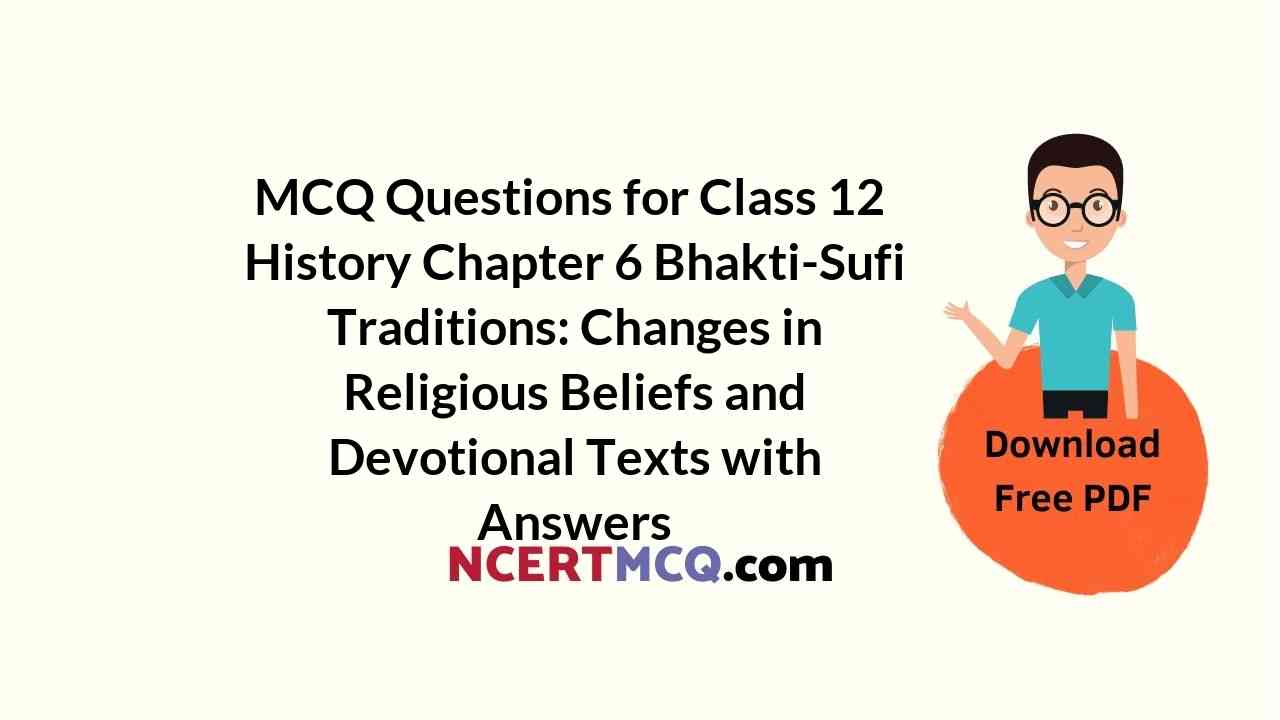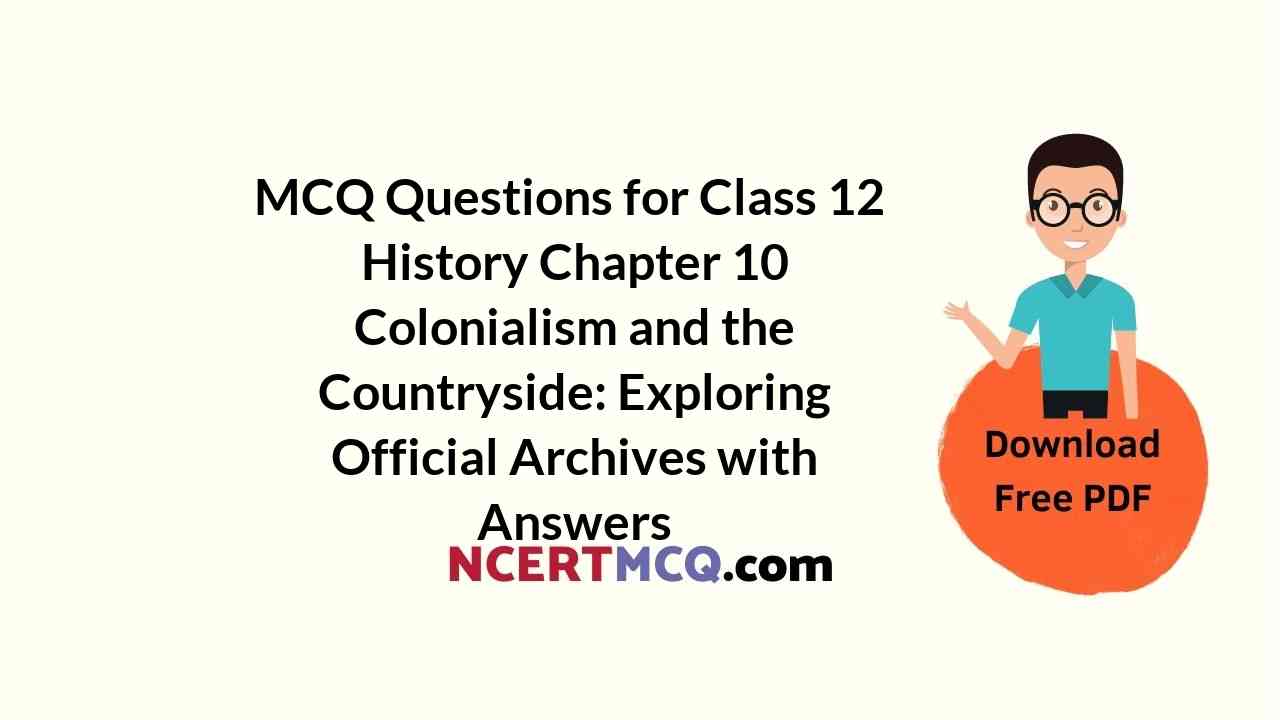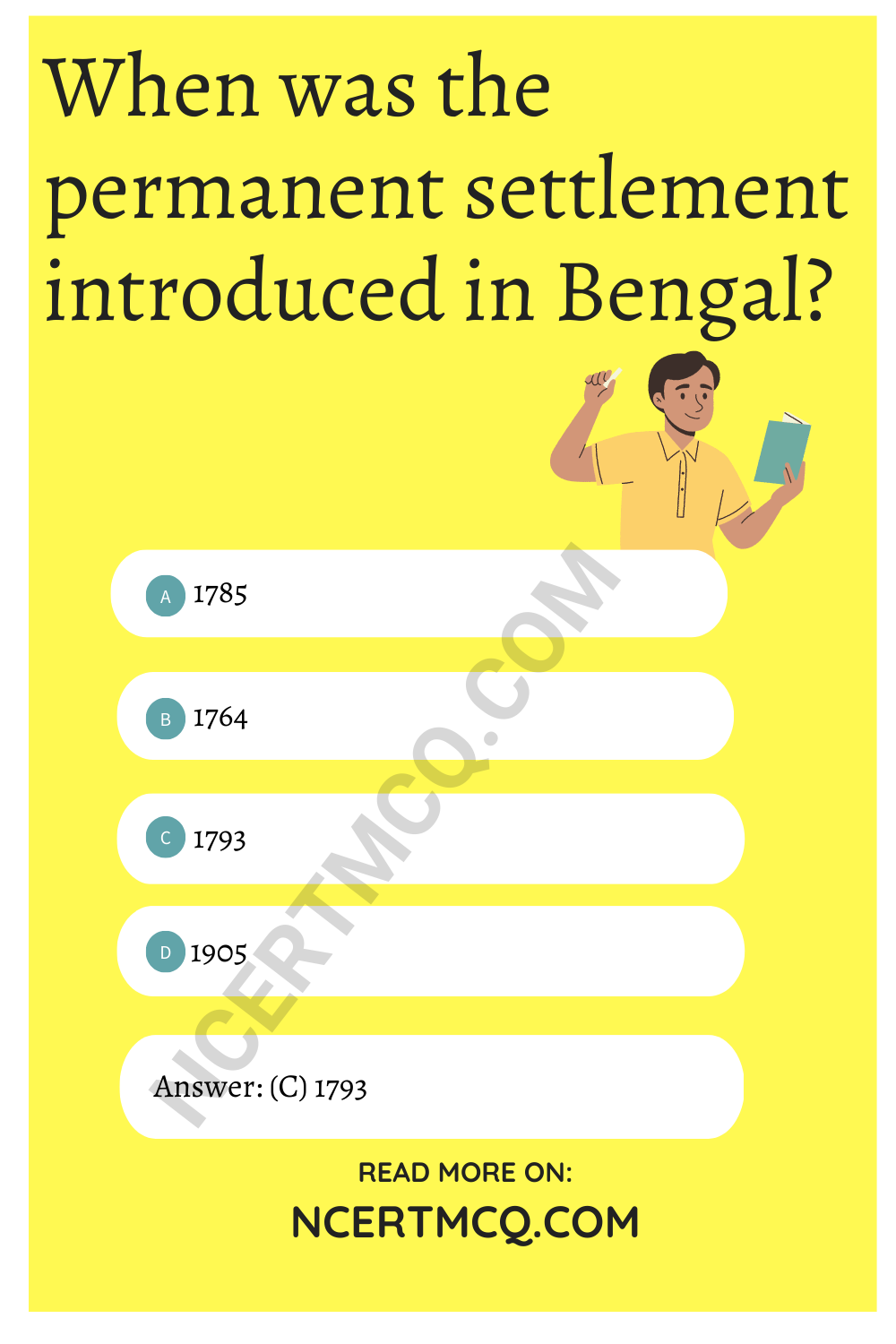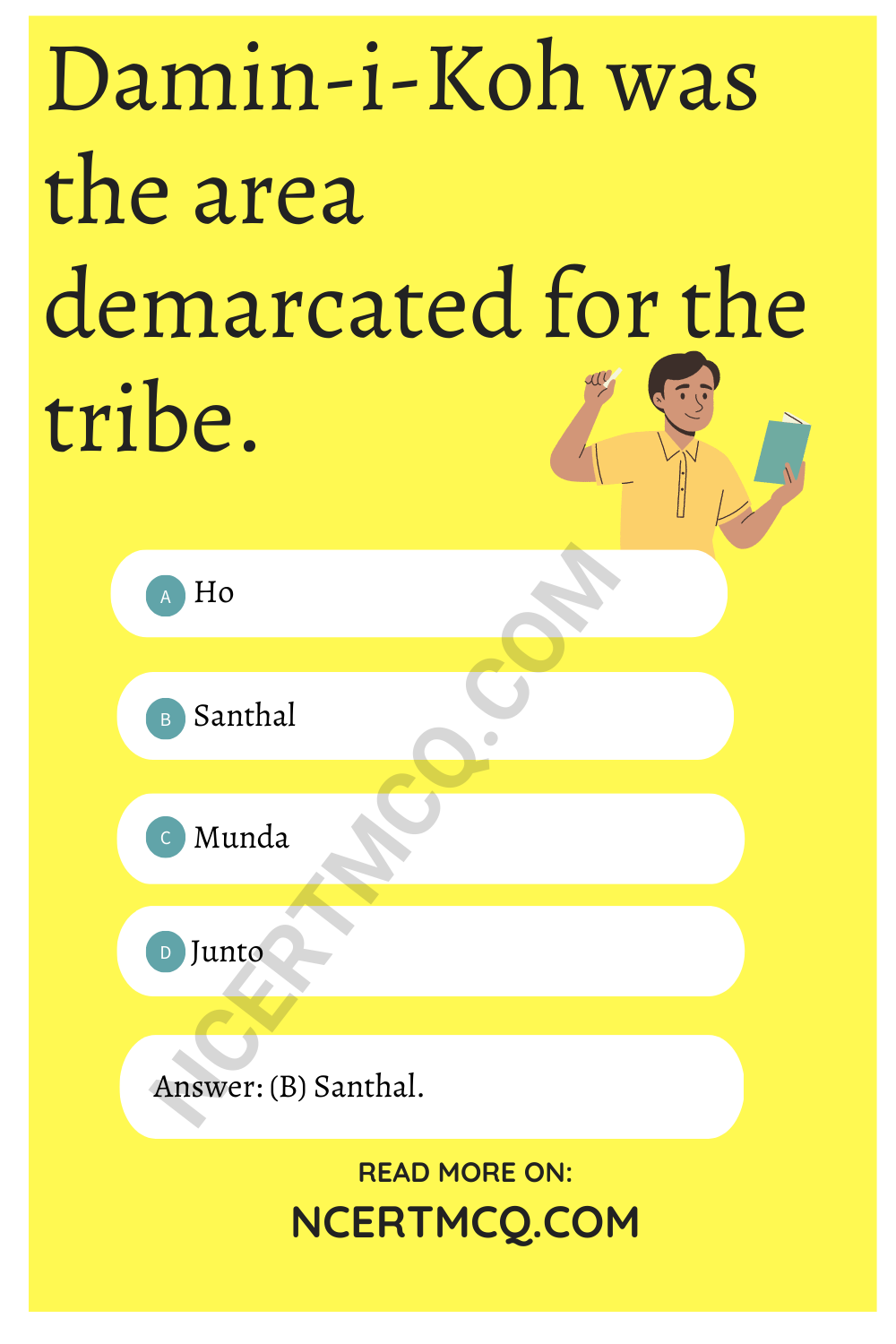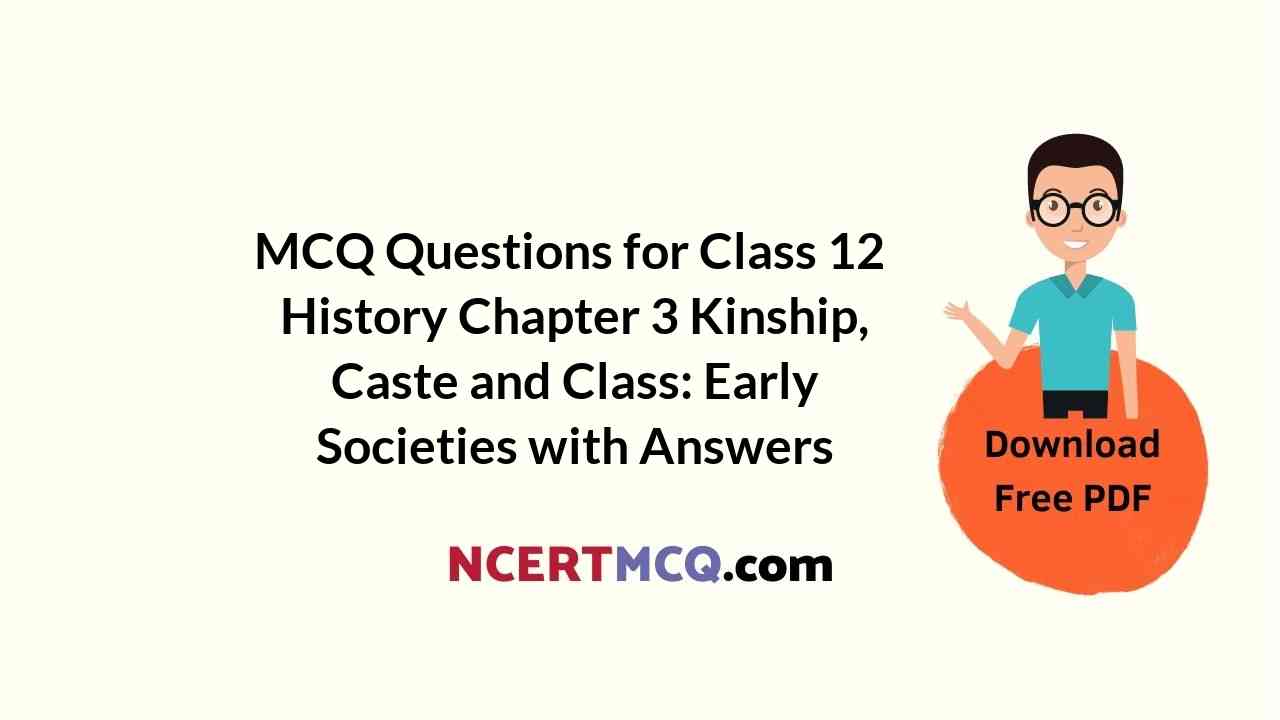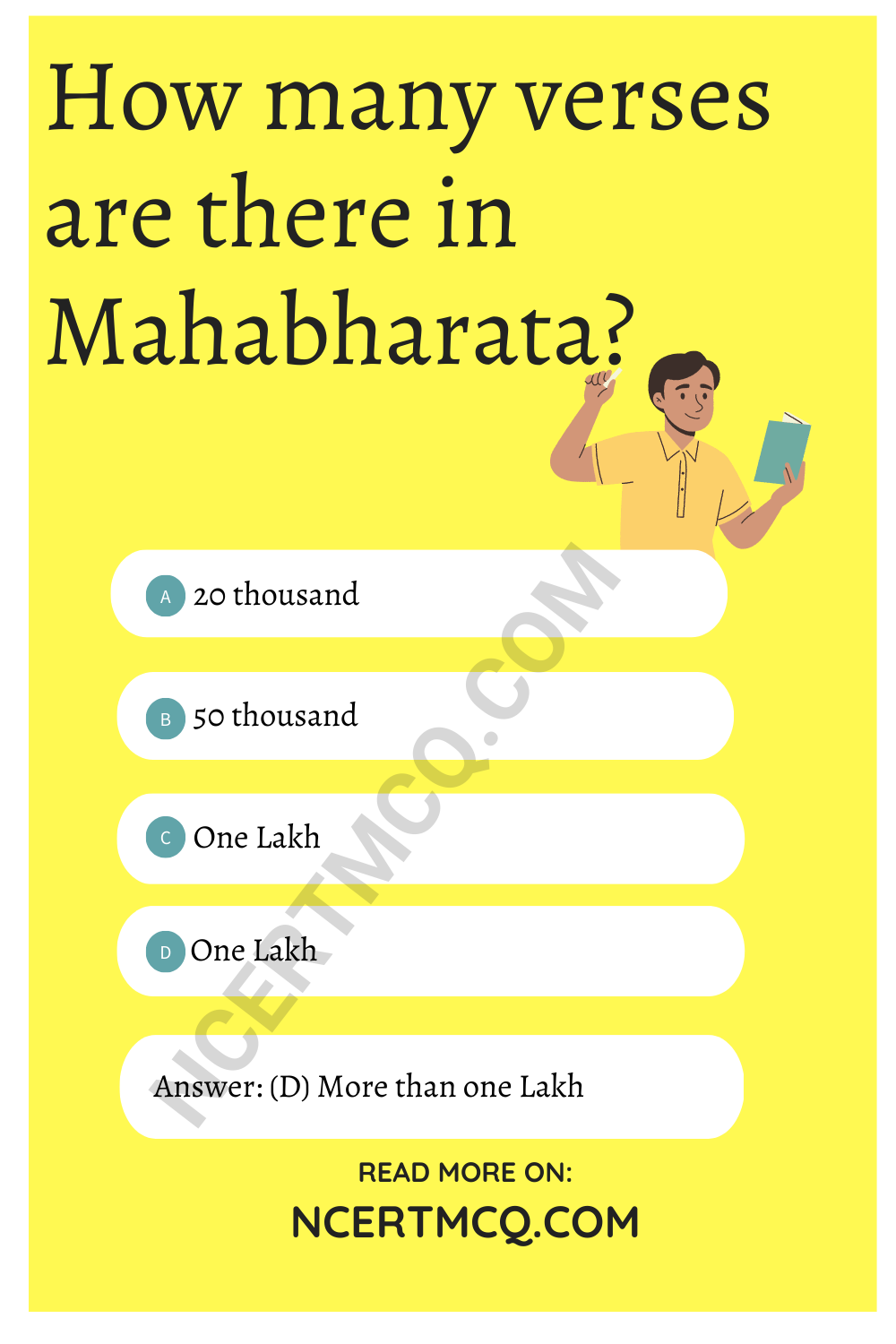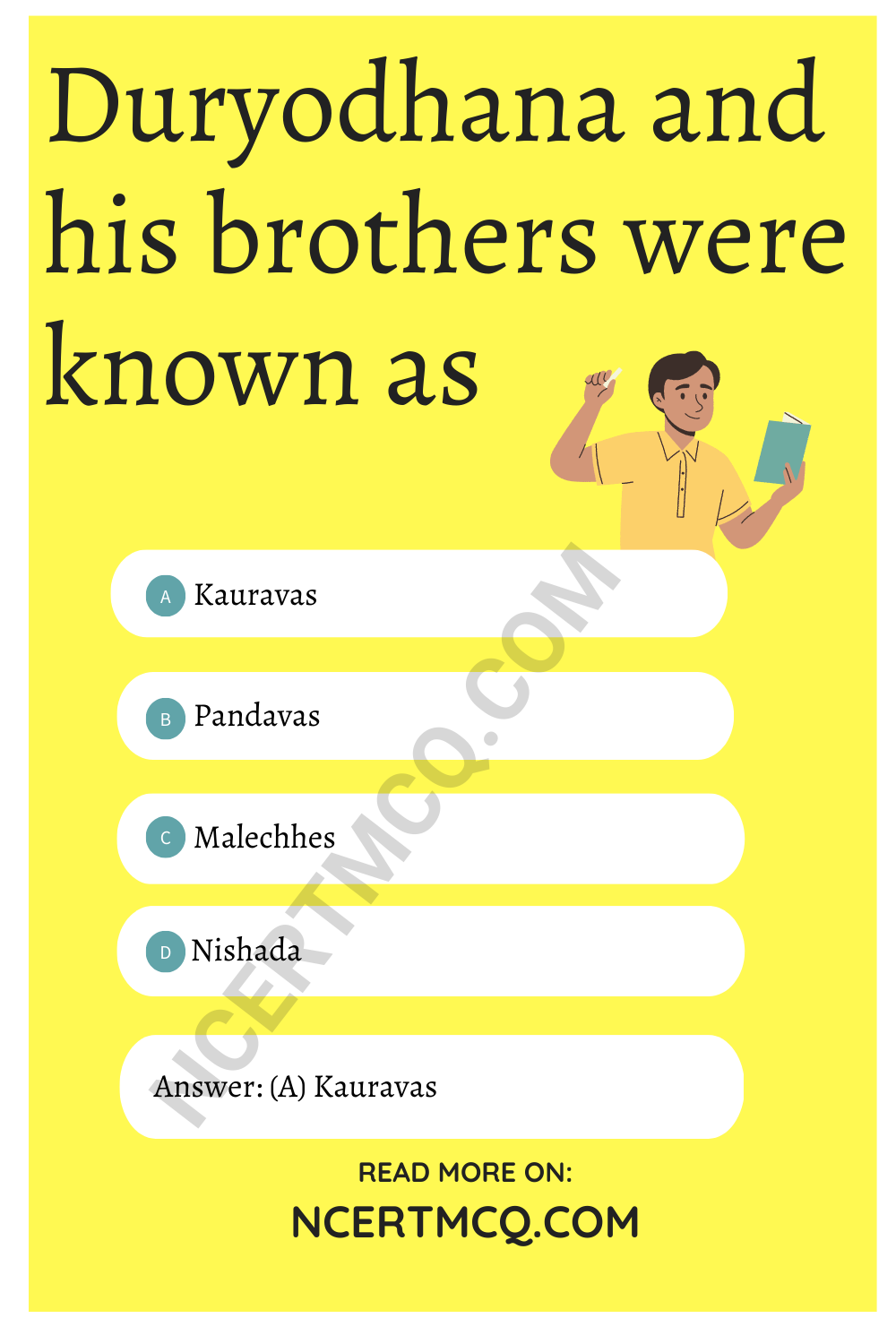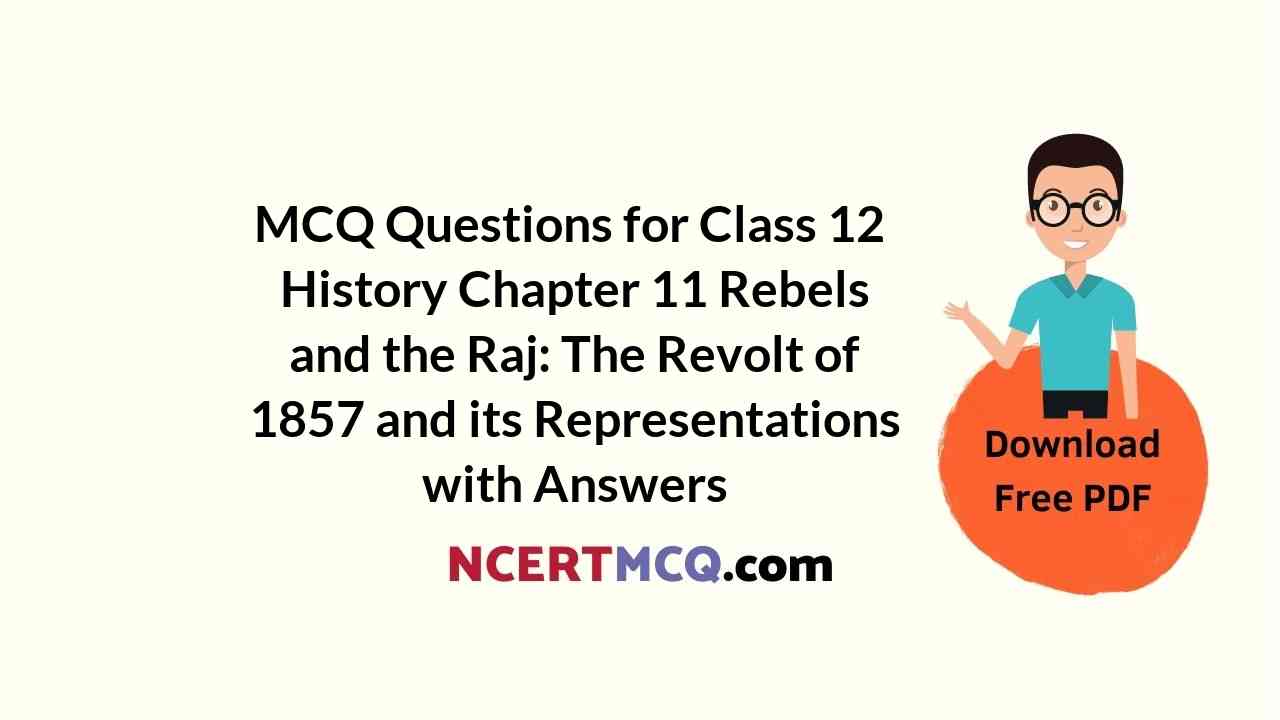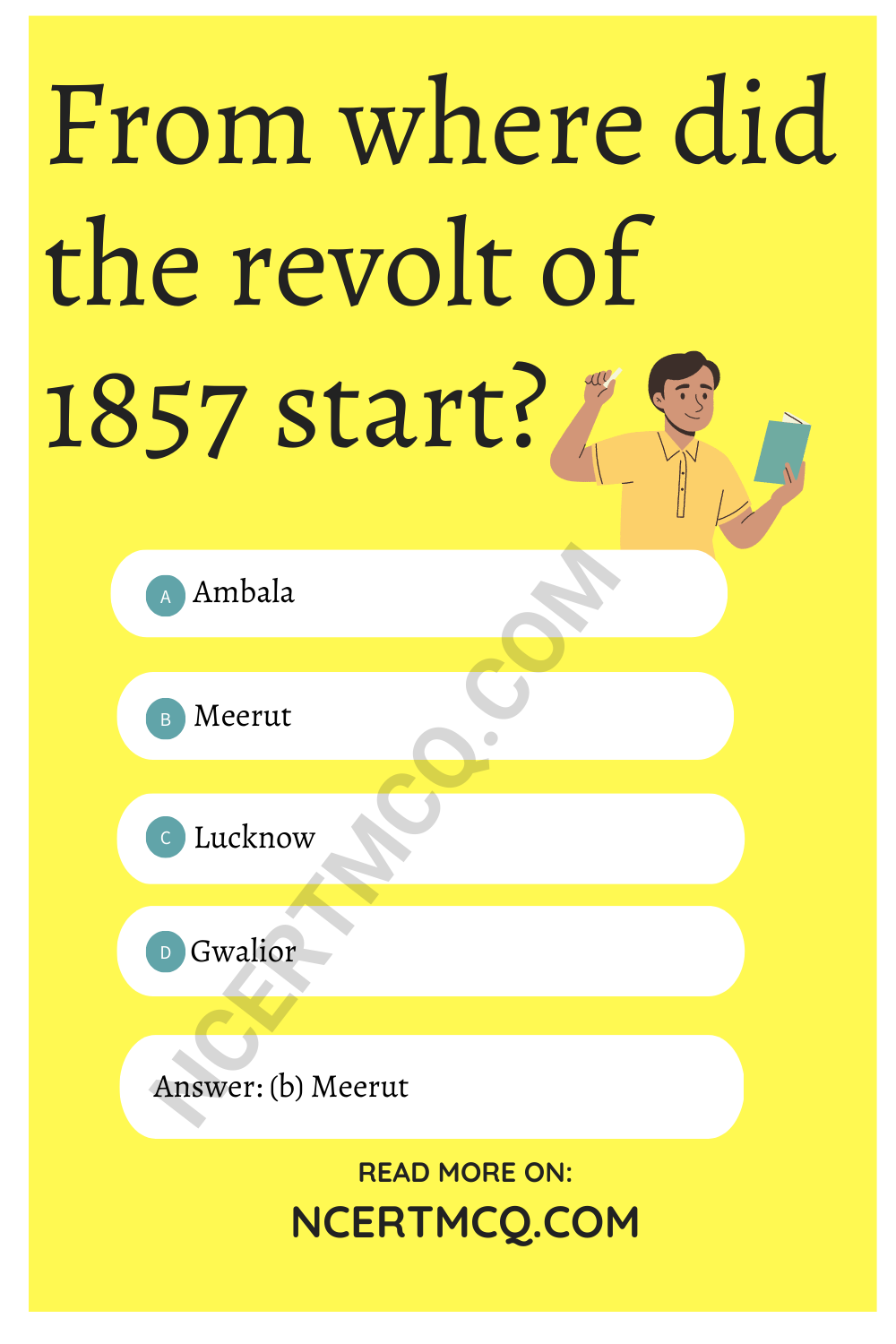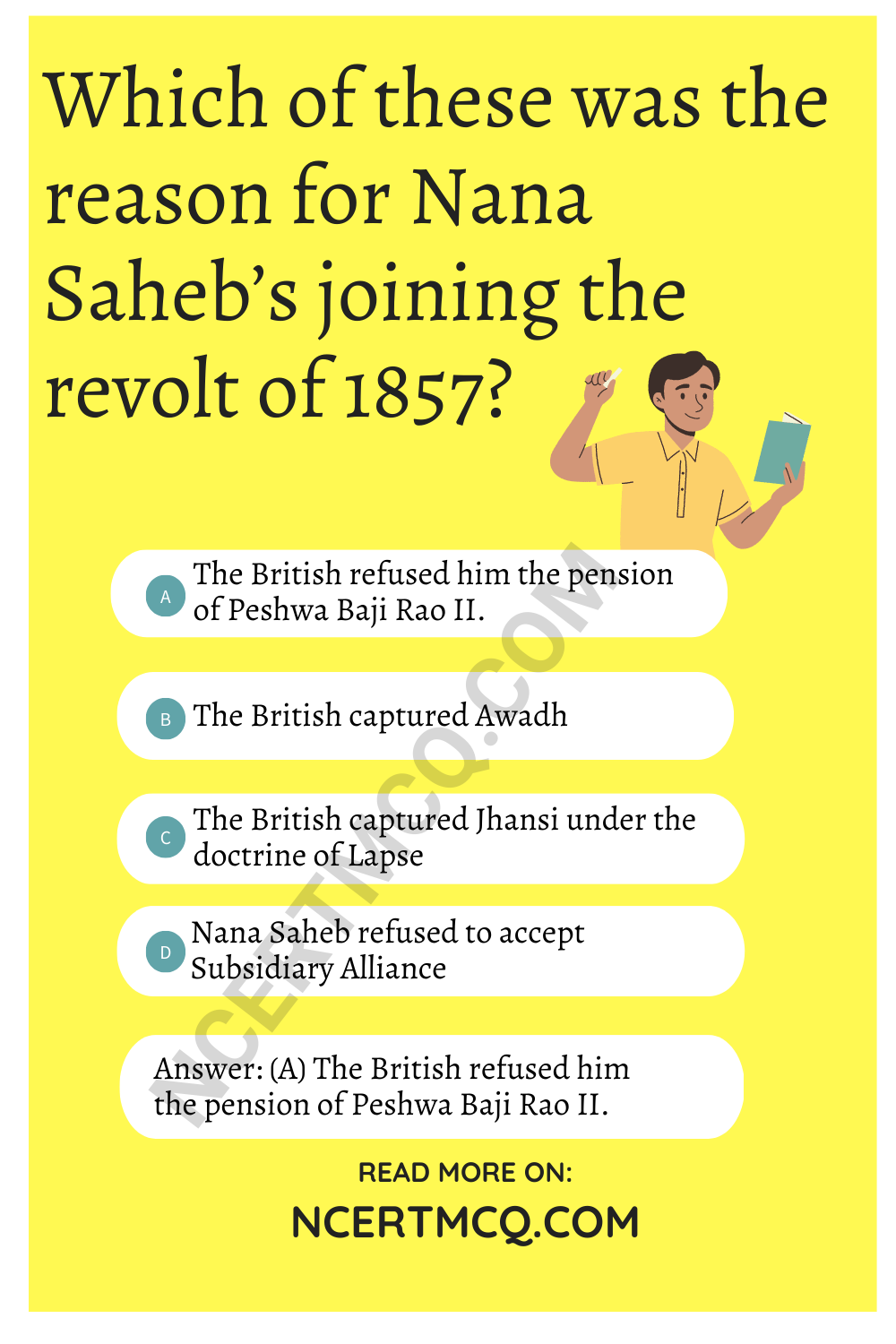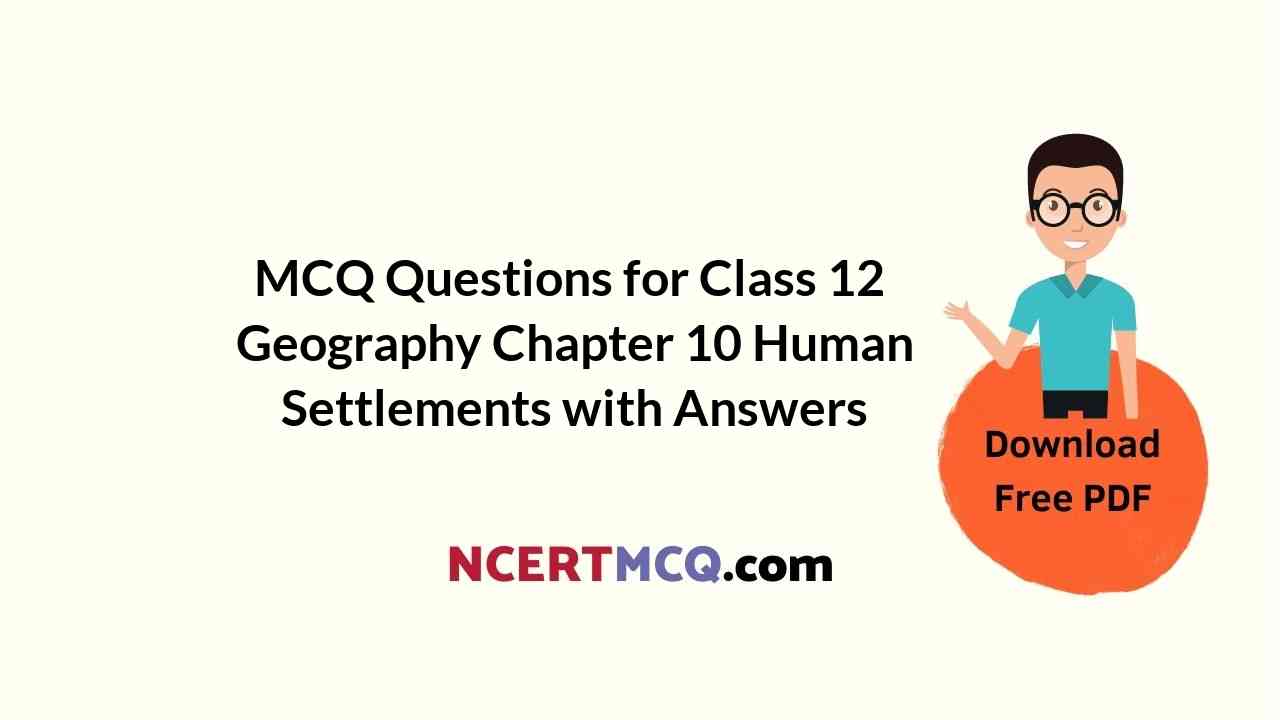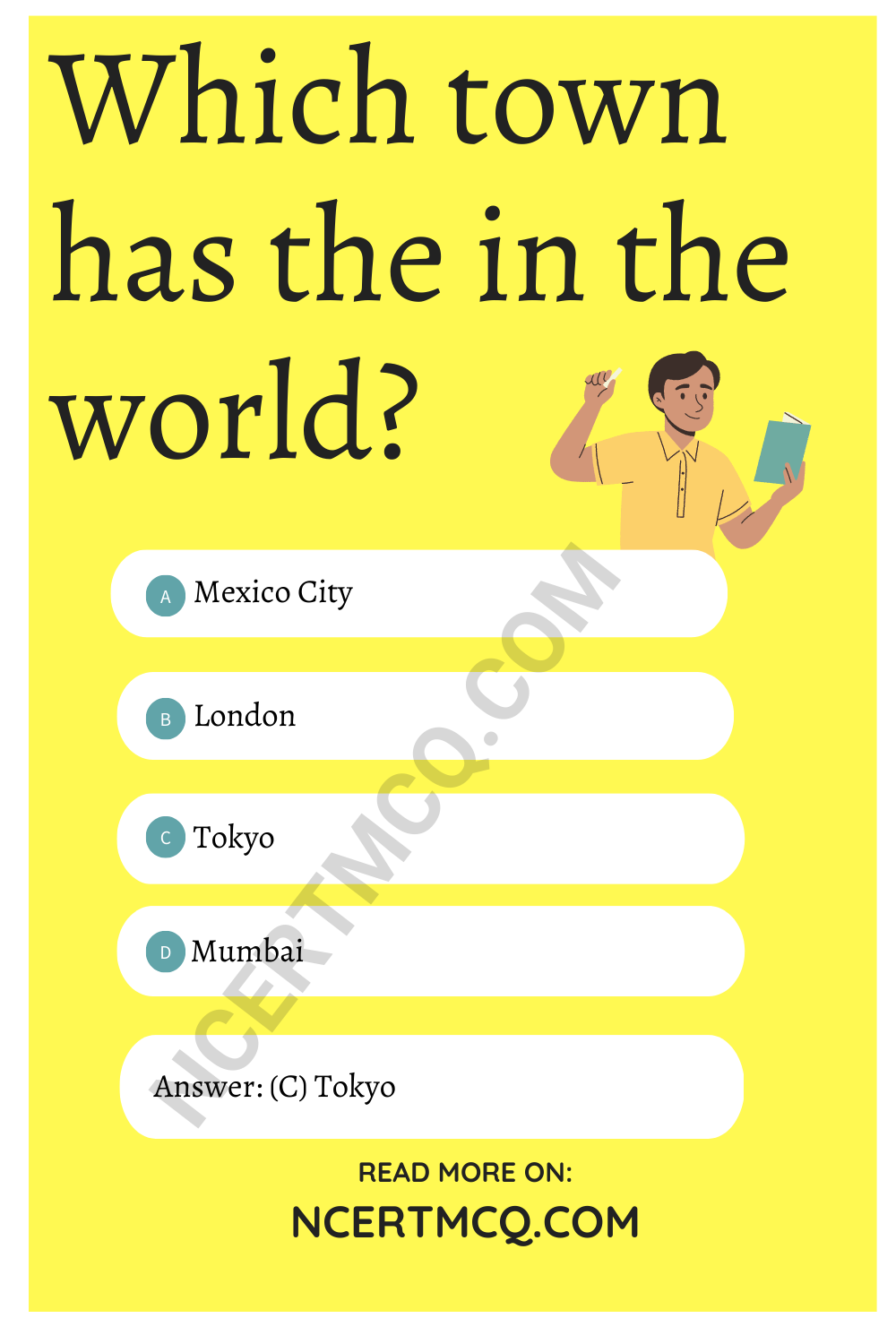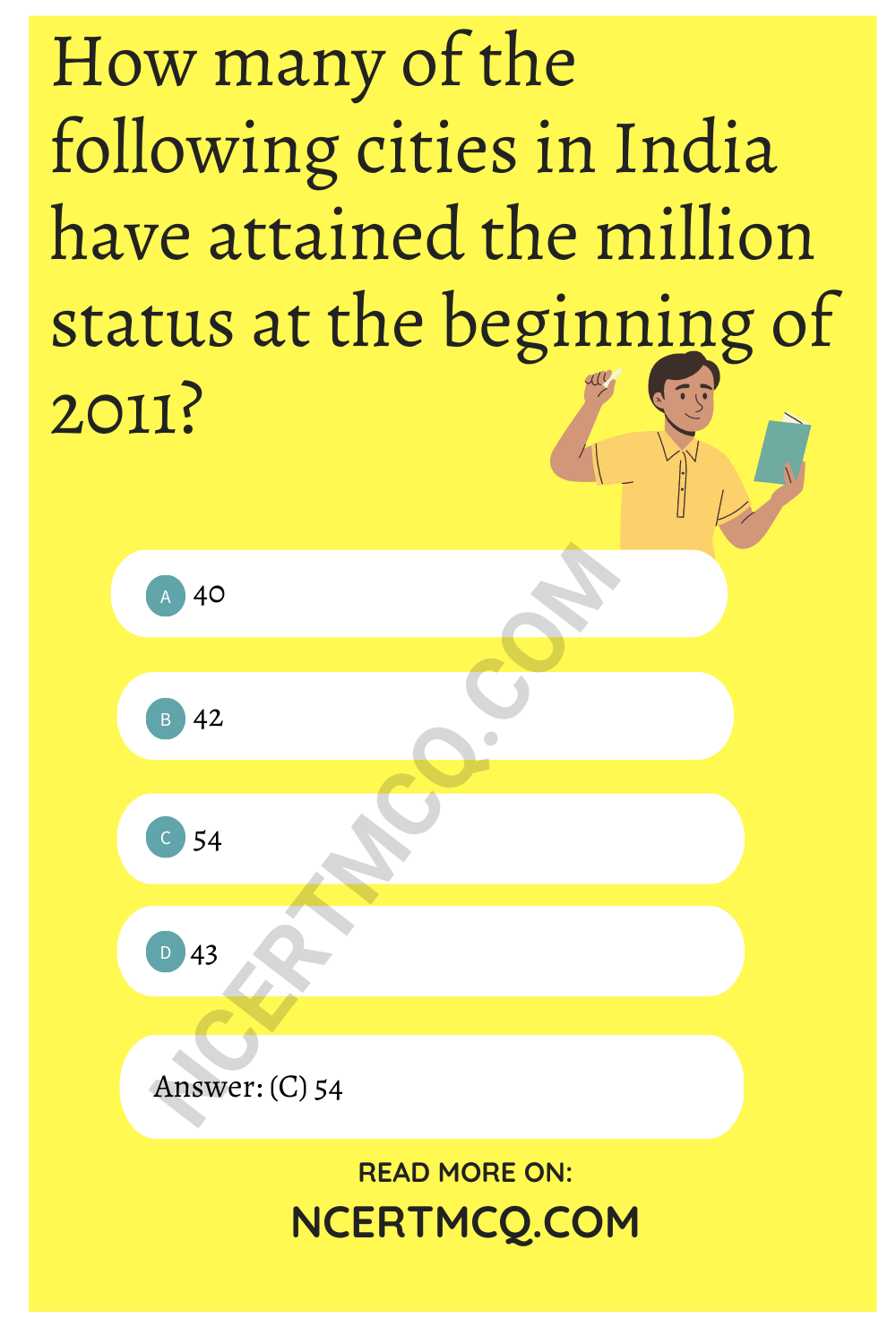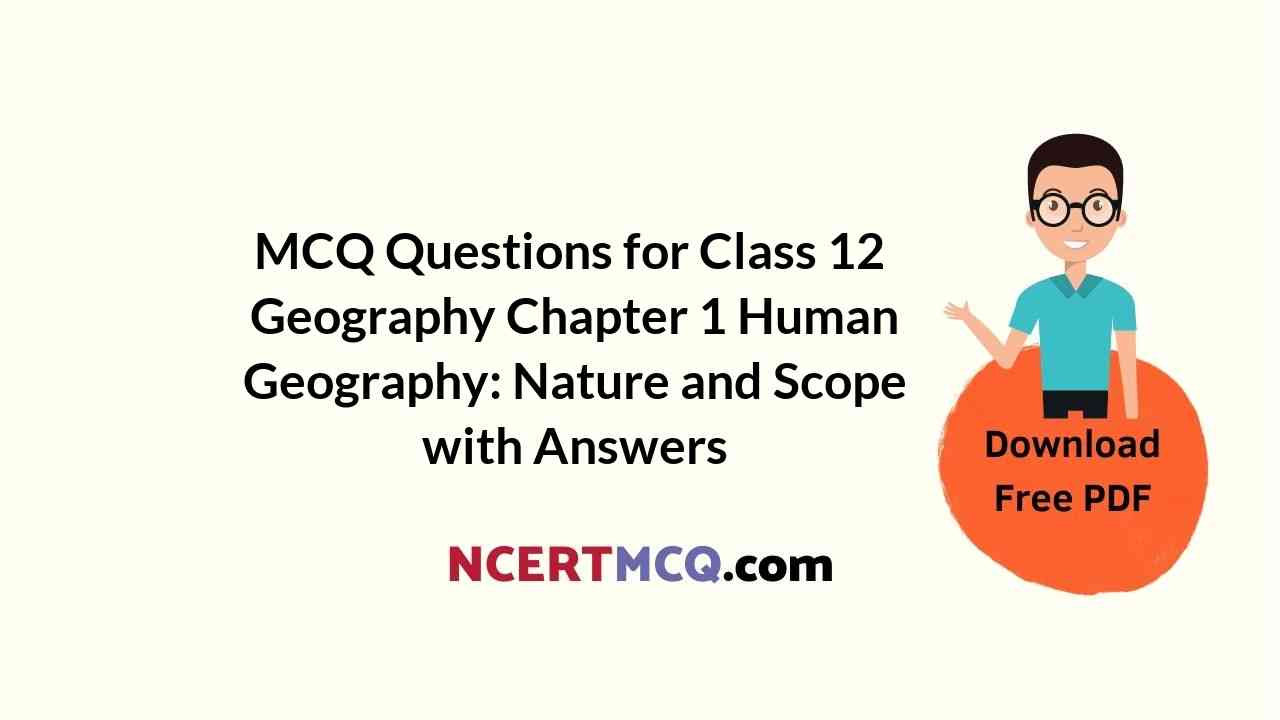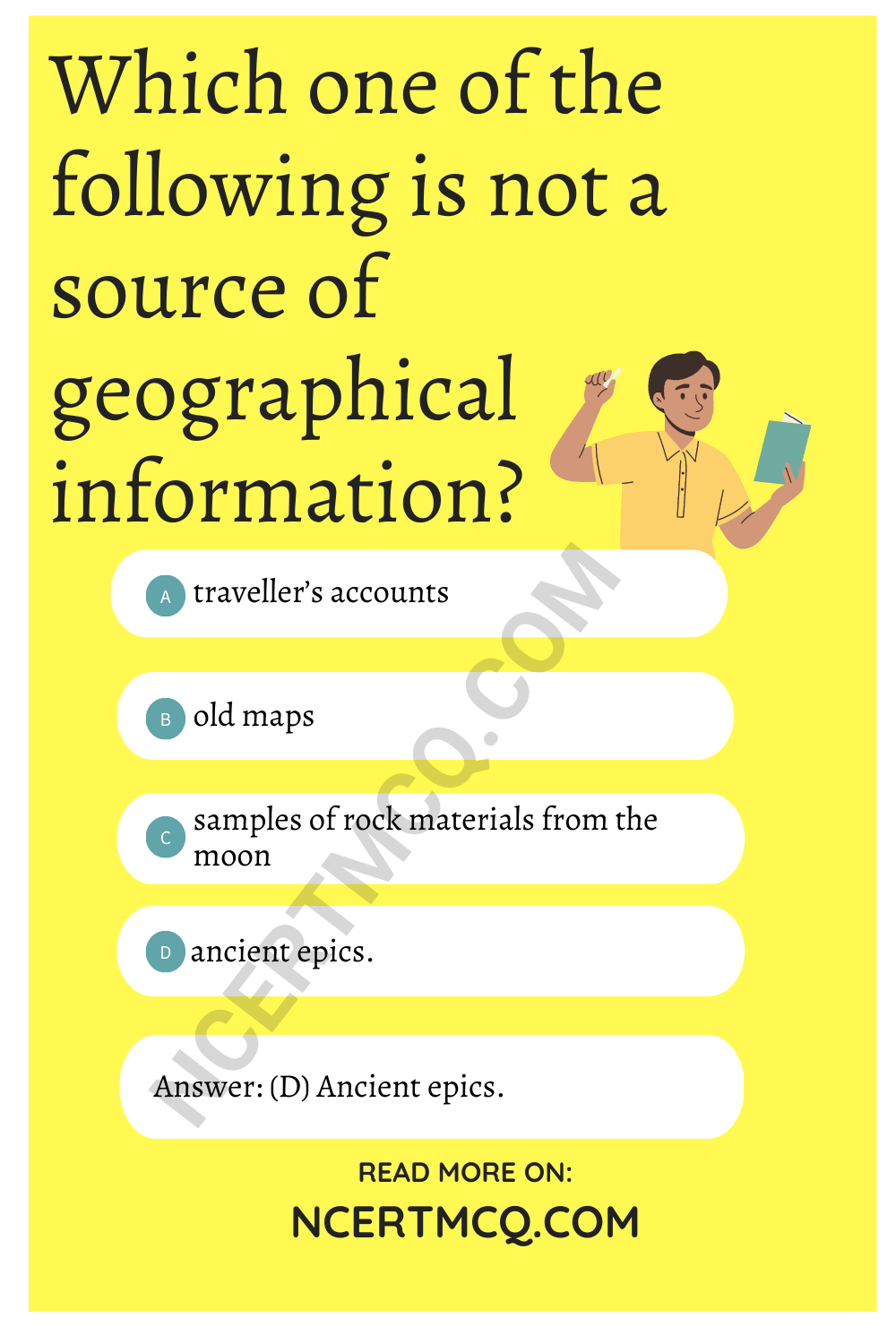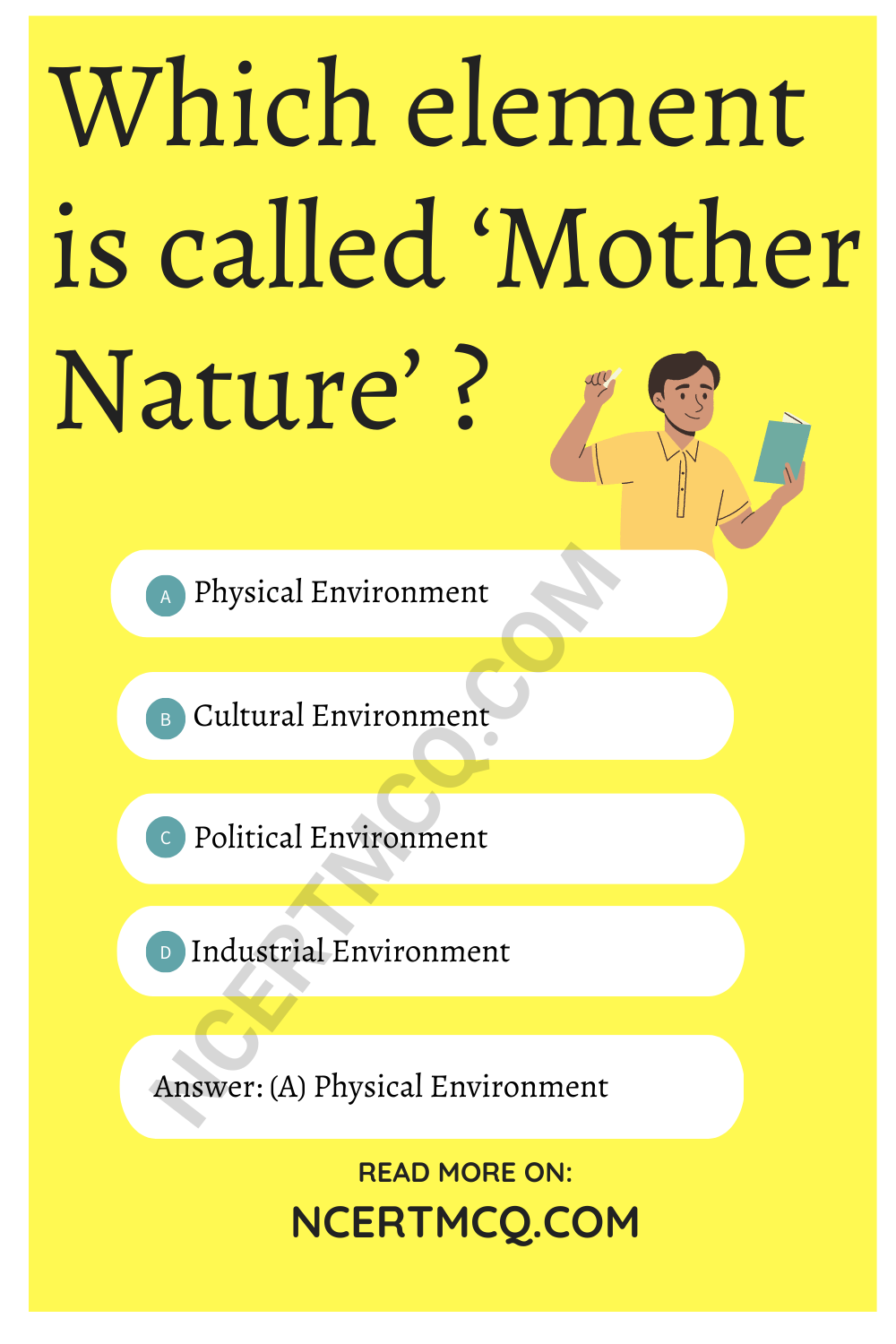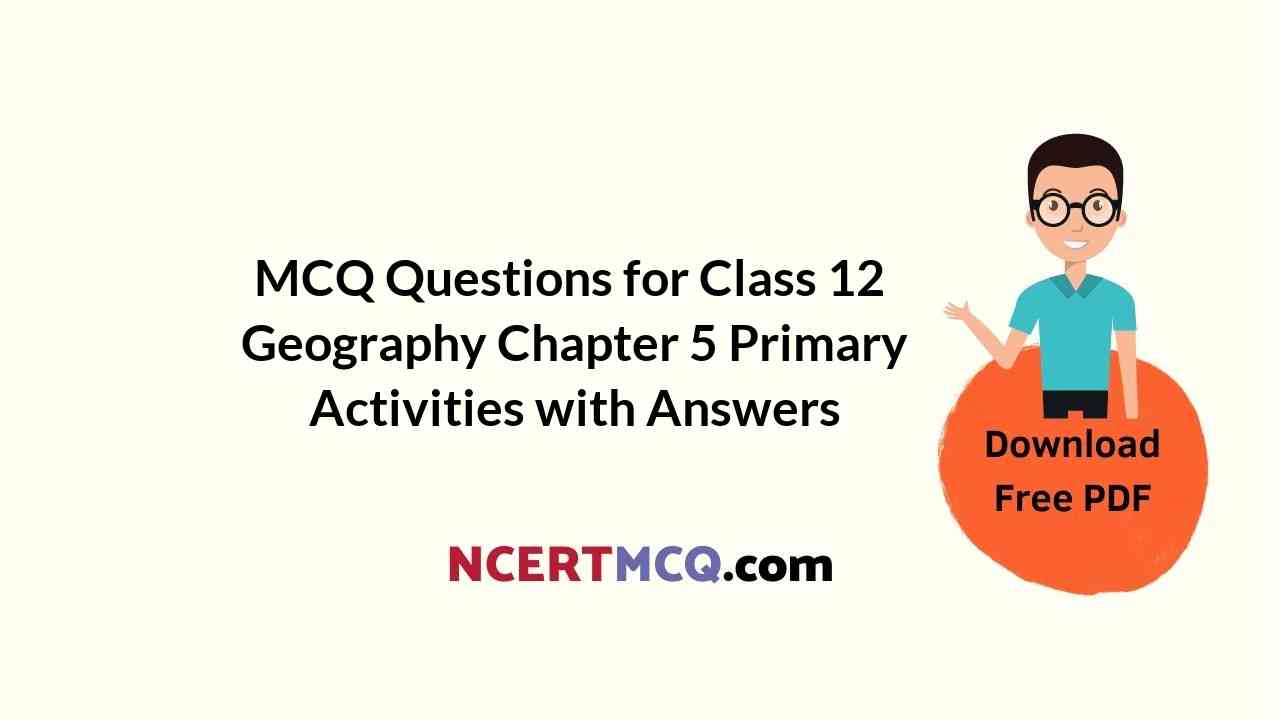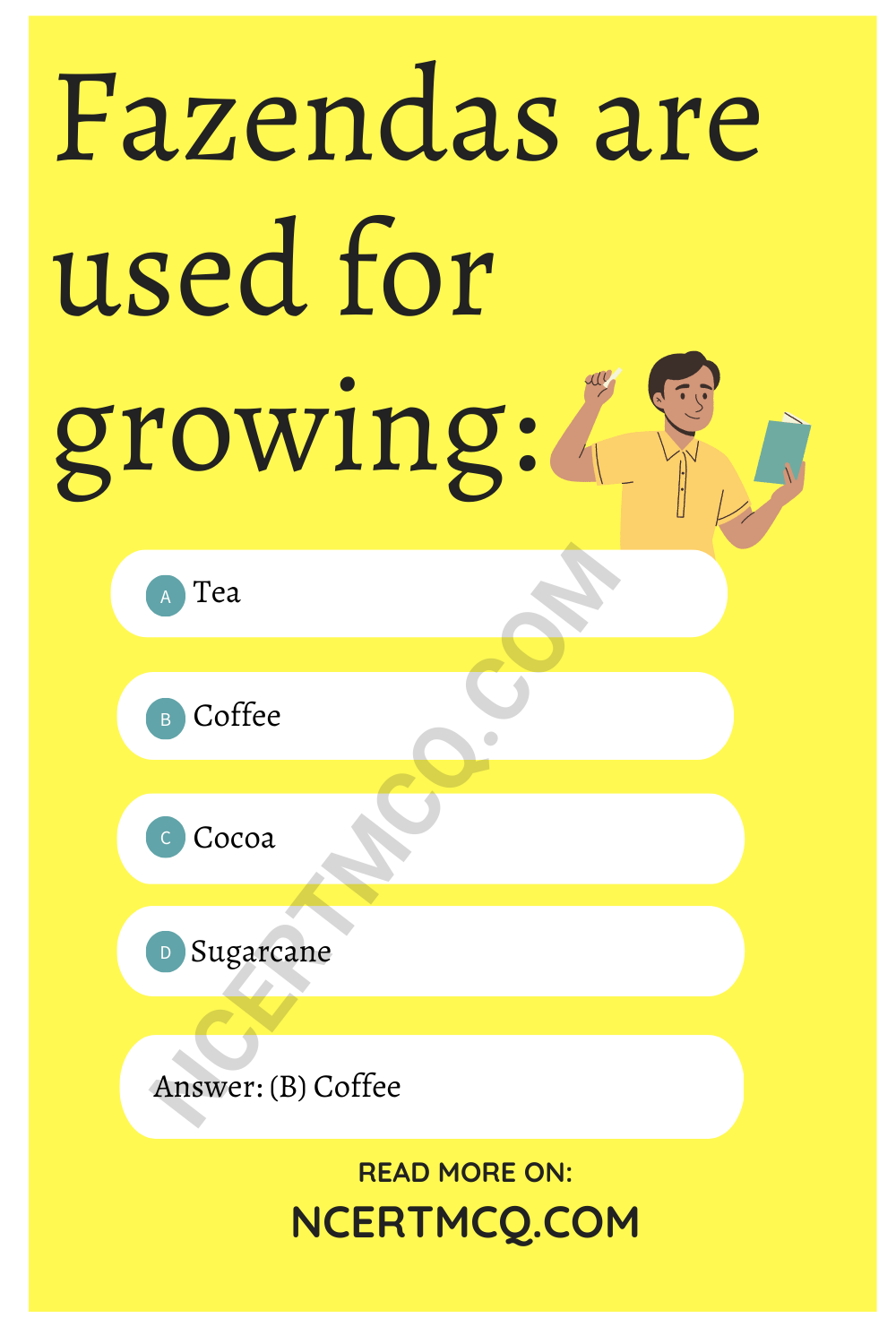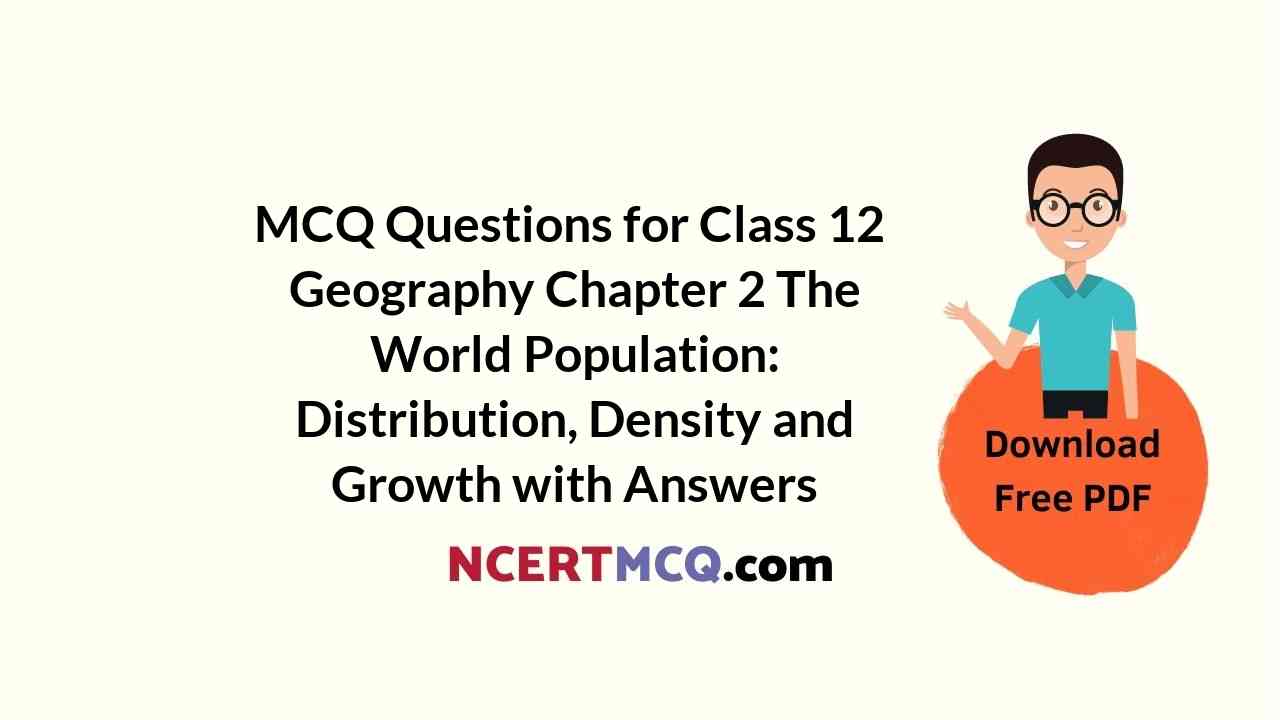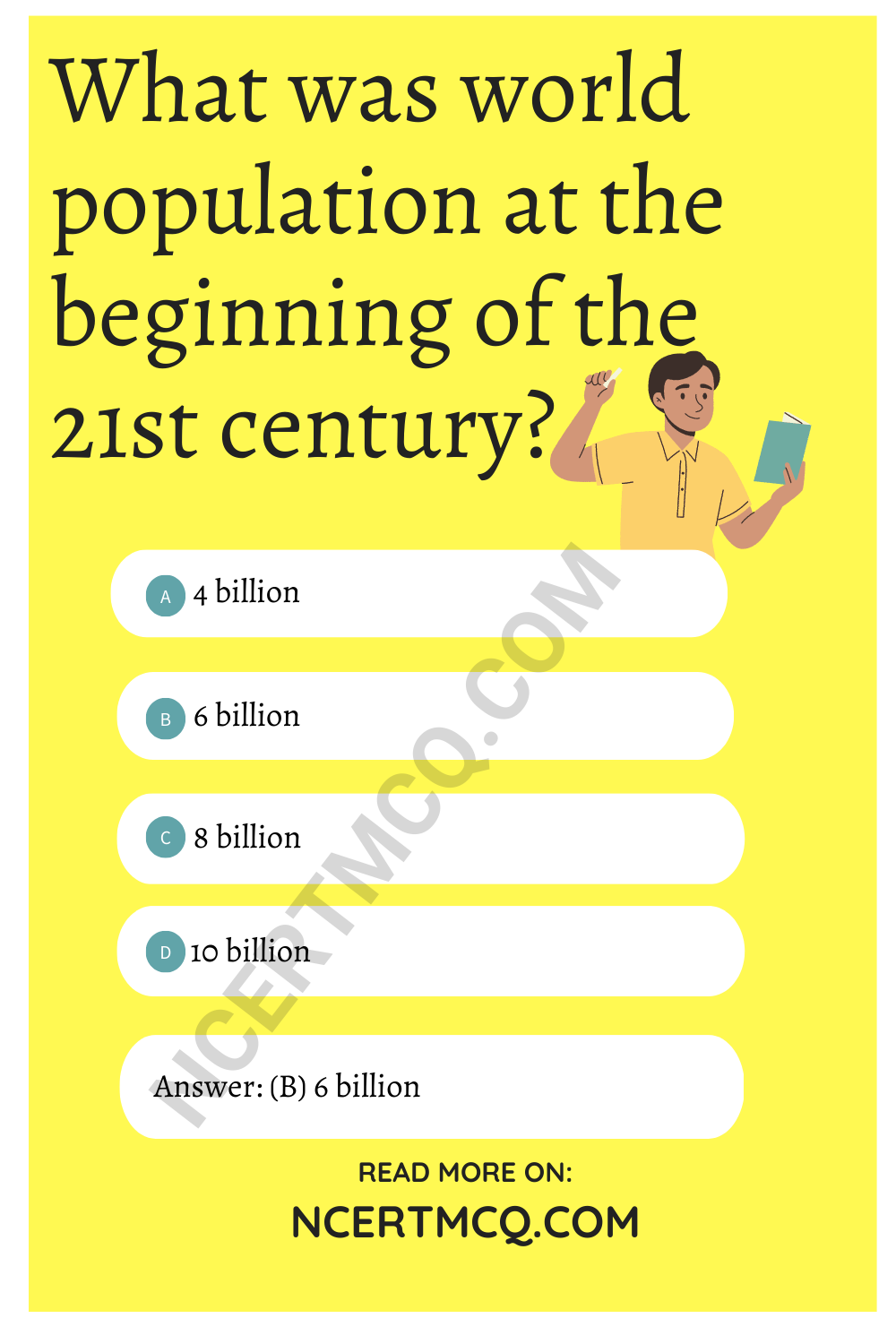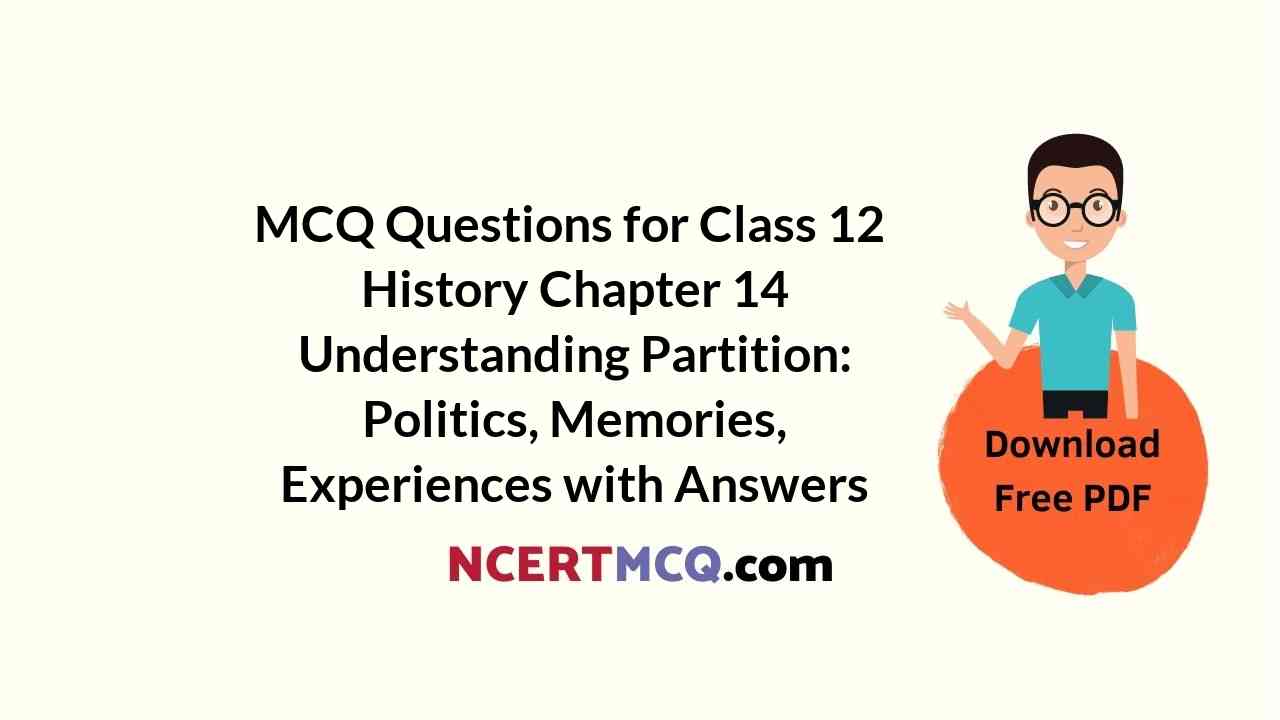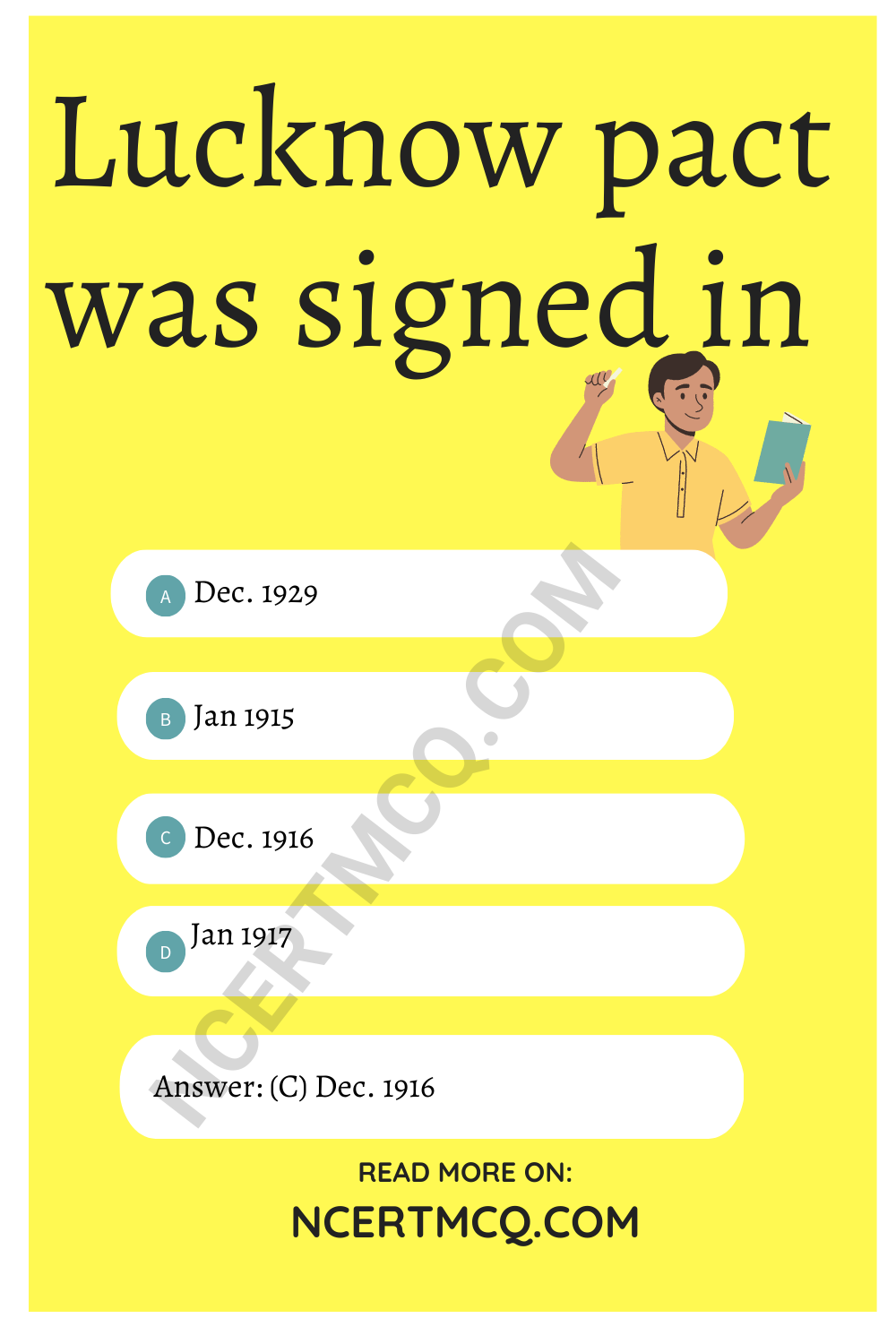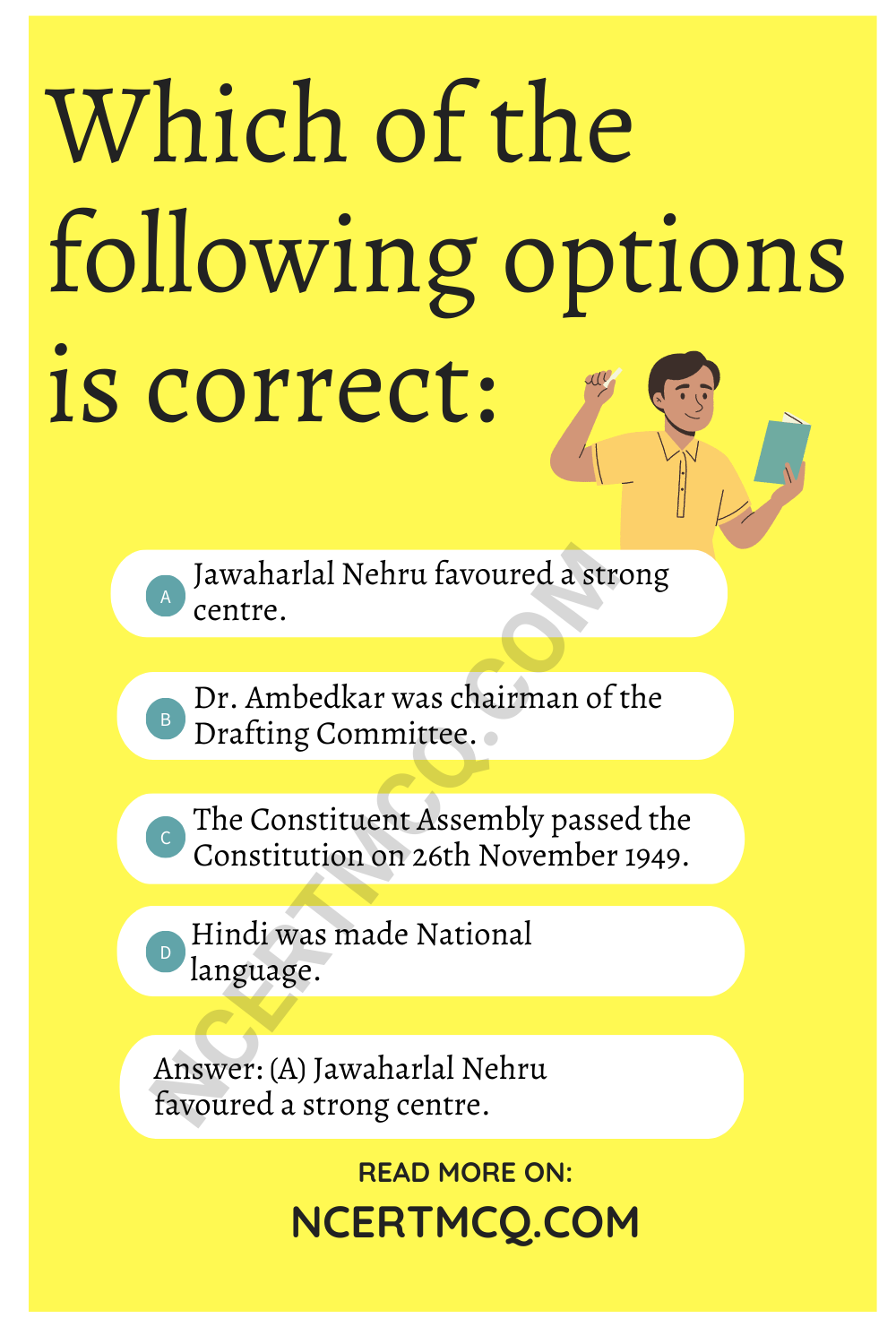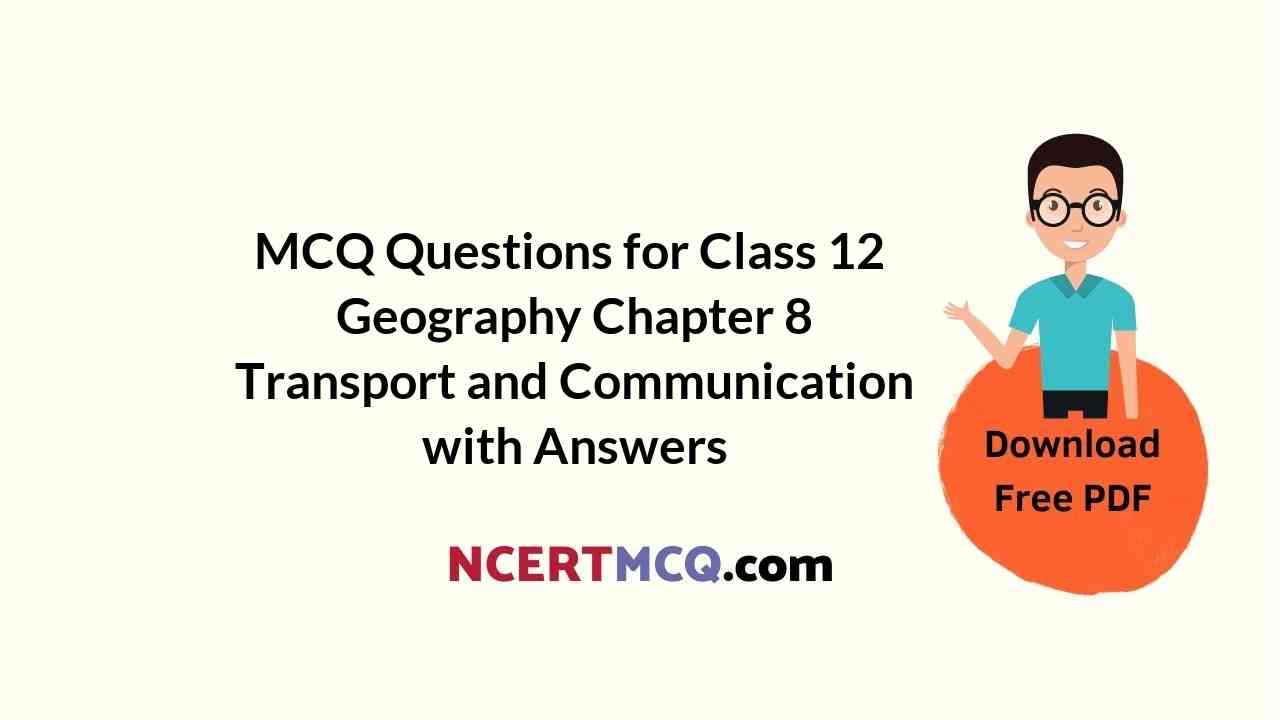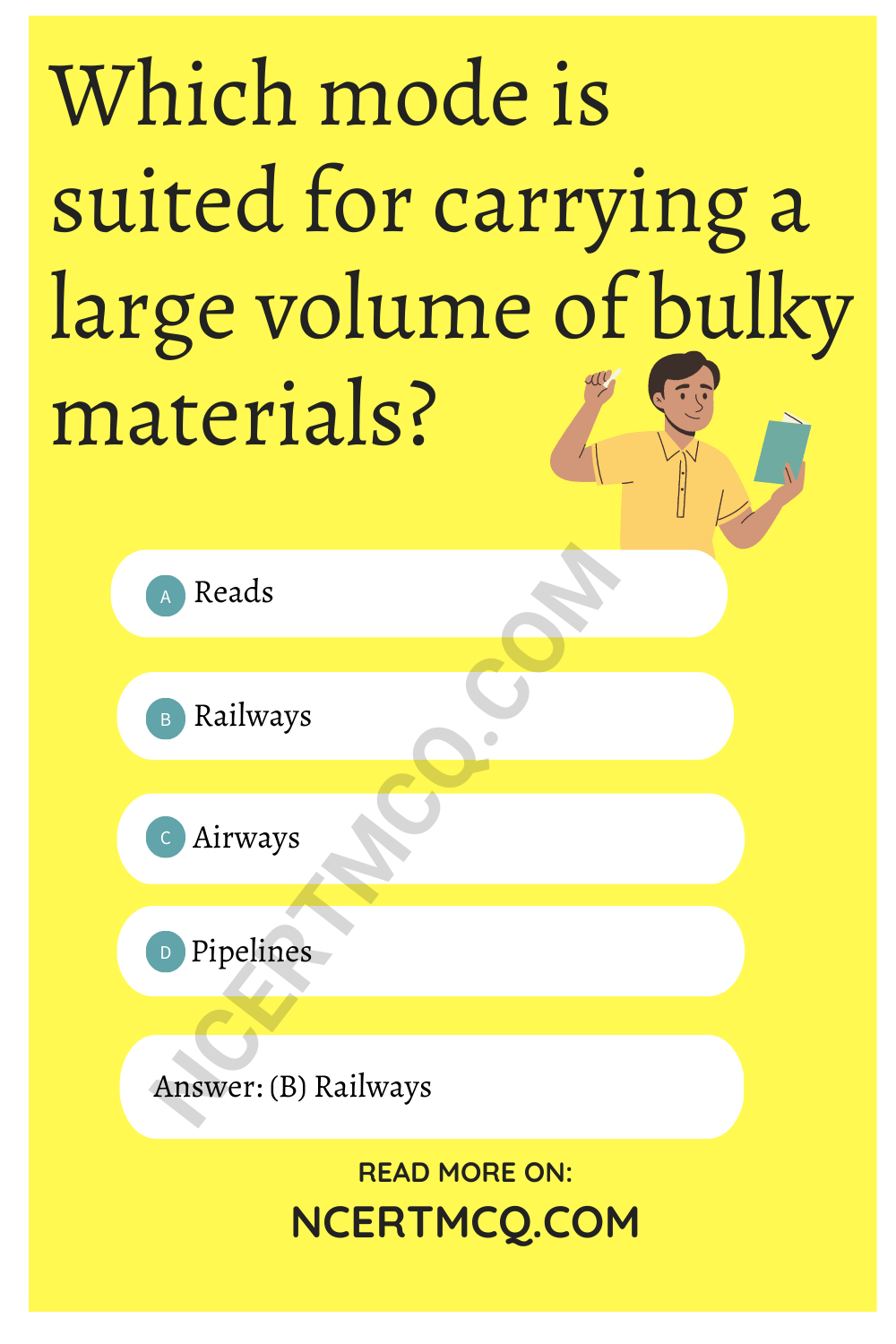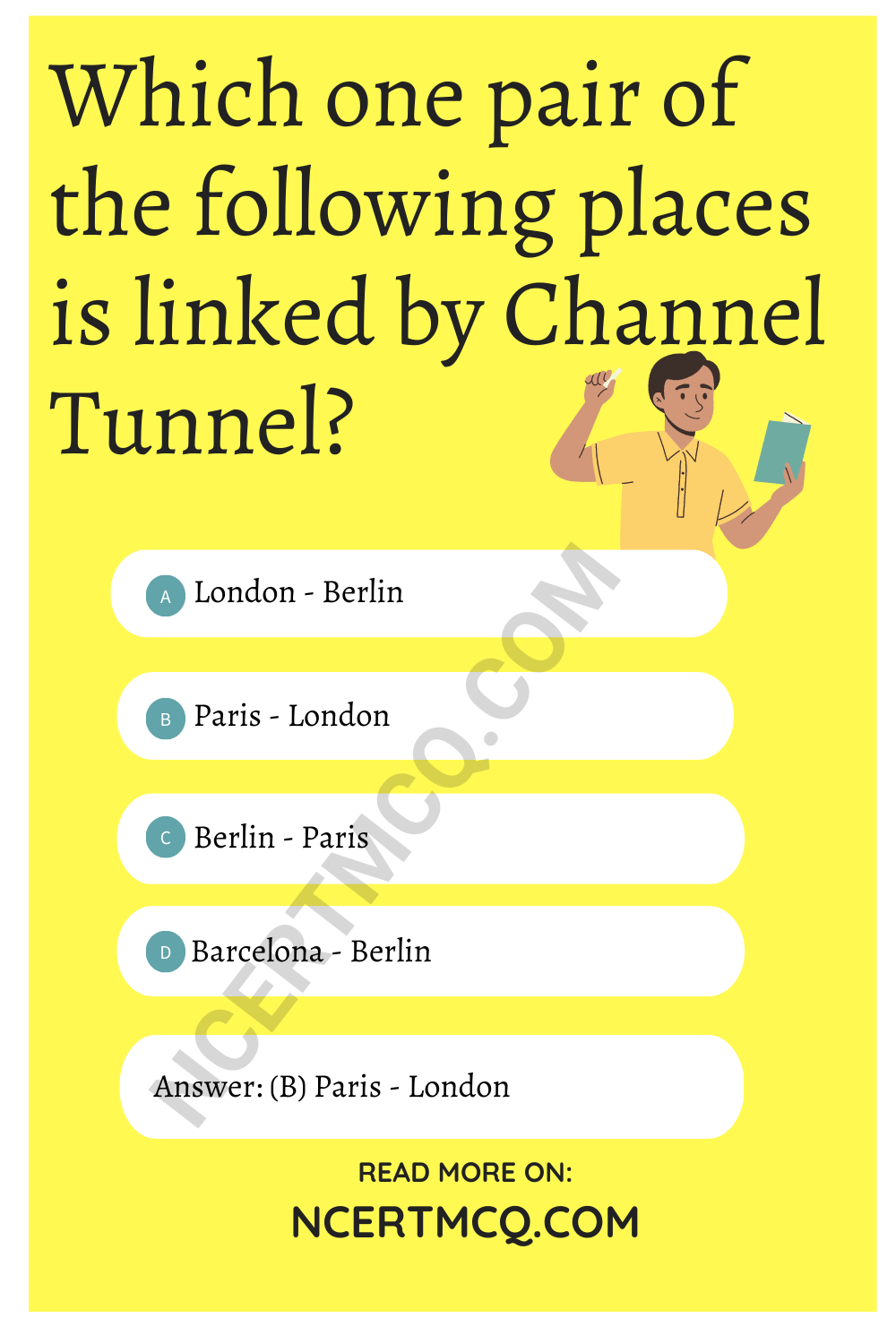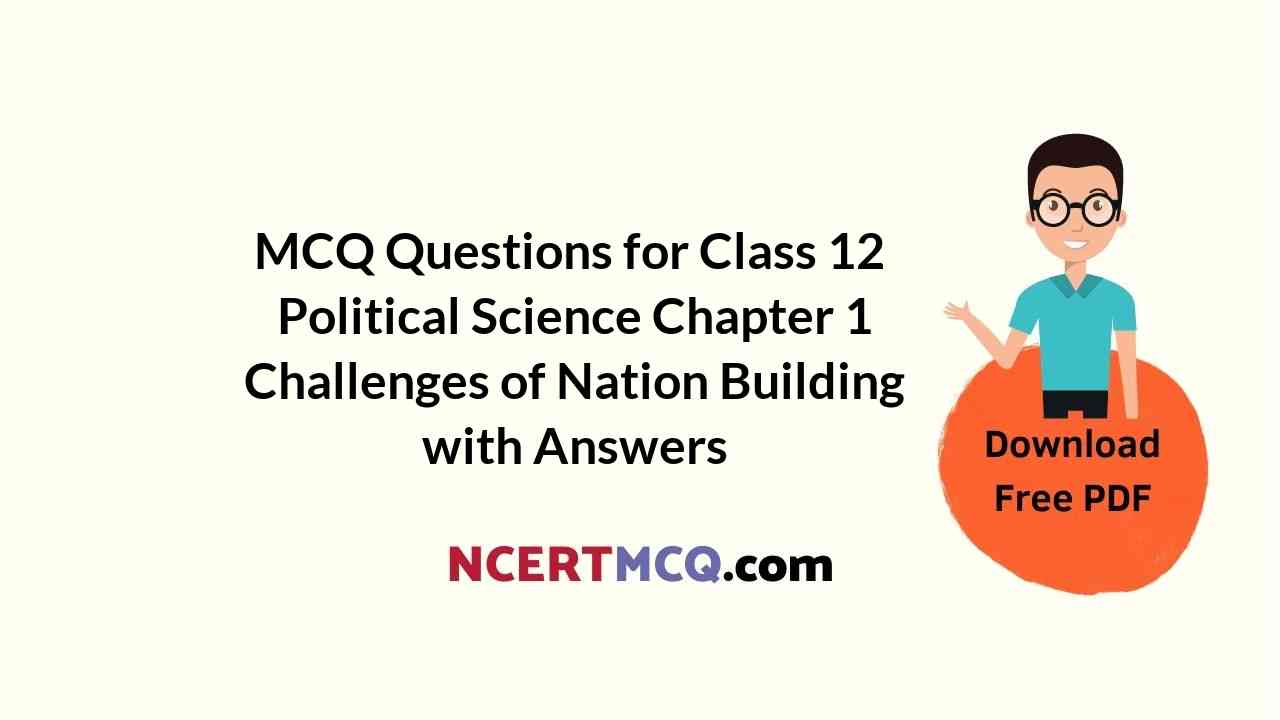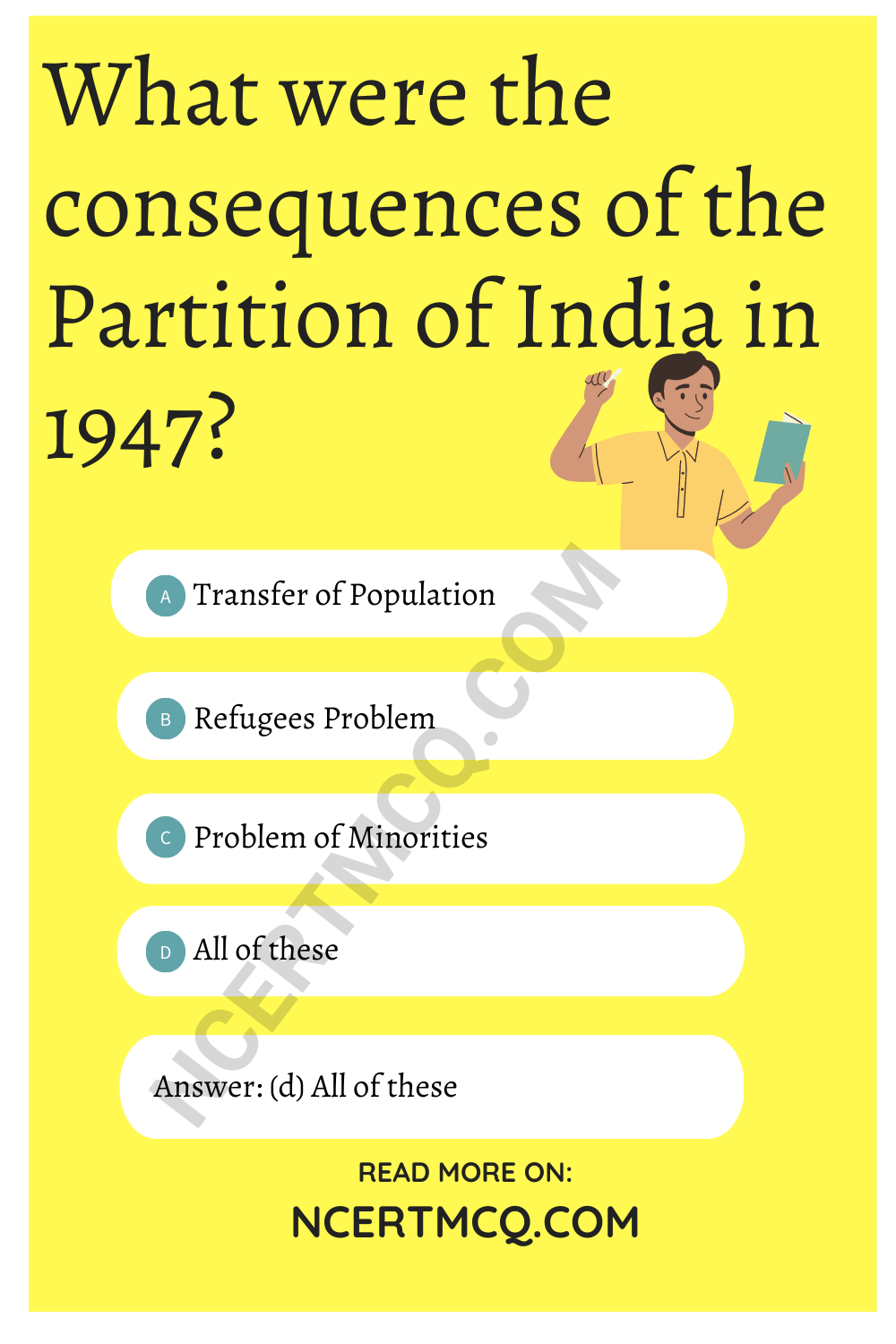Check the below NCERT MCQ Questions for Class 12 History Chapter 6 Bhakti-Sufi Traditions: Changes in Religious Beliefs and Devotional Texts with Answers Pdf free download. MCQ Questions for Class 12 History with Answers were prepared based on the latest exam pattern. We have provided Bhakti-Sufi Traditions Class 12 History MCQs Questions with Answers to help students understand the concept very well.
Class 12 History Chapter 6 Bhakti-Sufi Traditions MCQ With Answers
History Class 12 Chapter 6 MCQs On Bhakti-Sufi Traditions
Question 1.
Vishnu Bhakta saints were known as _______
(a) Nayanar
(b) Virshaiv
(c) Alvar
(d) Zimmi
Answer
Answer: (a) Nayanar
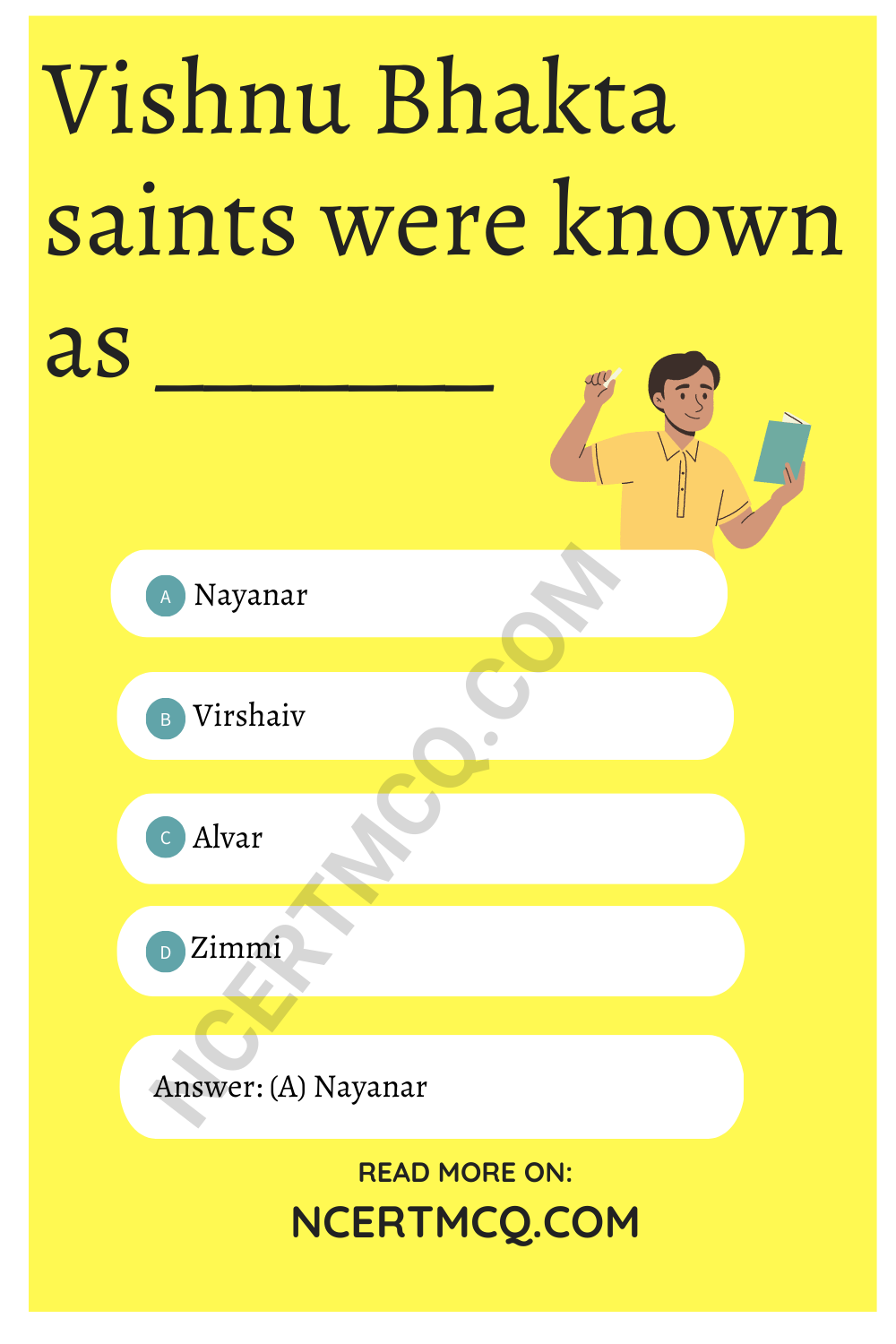
Question 2.
Alwar saints worshipped ________
(a) Vishnu
(b) Laxmi
(c) Indra
(d) Shiva
Answer
Answer: (d) Shiva
Question 3.
Non-Muslim had to pay a religious tax called ______
(a) Zakat
(b) Shukrana
(c) Zajiya
(d) None of these
Answer
Answer: (c) Zajiya
Question 4.
Which of these was a part of Chishti worship?
(a) Dance
(b) Music
(c) Qawali
(d) All of these
Answer
Answer: (d) All to these
Question 5.
________ was the guru of
(a) Saint Kabir
(b) Saint Ravidas
(c) Saint Farid
(d) Ramananda
Answer
Answer: (b) Saint Ravidas
Question 6.
Which of these was the capital of Akbar?
(a) Lahore
(b) Multan
(c) Delhi
(d) Fatehpur Sikri
Answer
Answer: (d) Fatehpur Sikri
Question 7.
Who compiled Adi Granth?
(a) Guru Teg Bahadur Ji
(b) Guru Arjan Dev Ji
(c) Guru Nanak Dey Ji
(d) Guru Gobind Singh Ji
Answer
Answer: (b) Guru Arjan Dev Ji
Question 8.
Choose the correct option:
Islamic Law is known as _______
(a) Shariya
(b) Sa mer
(c) Ulema
(d) None of these
Answer
Answer: (a) Shariya
Question 9.
Choose the correct option:
Alvars and Nayanars were the Bhakts of
(a) Kerala
(b) Karnataka
(c) Tamil Nadu
(d) Andhra Pradesh
Answer
Answer: (c) Tamil Nadu
Question 10.
Vitthala was the principal deity in vitthala temple. Vitthala was known as the incarnation of Lord
(a) Brahma
(b) Vishnu
(c) Shiva
(d) Ganesha
Answer
Answer: (b) Vishnu
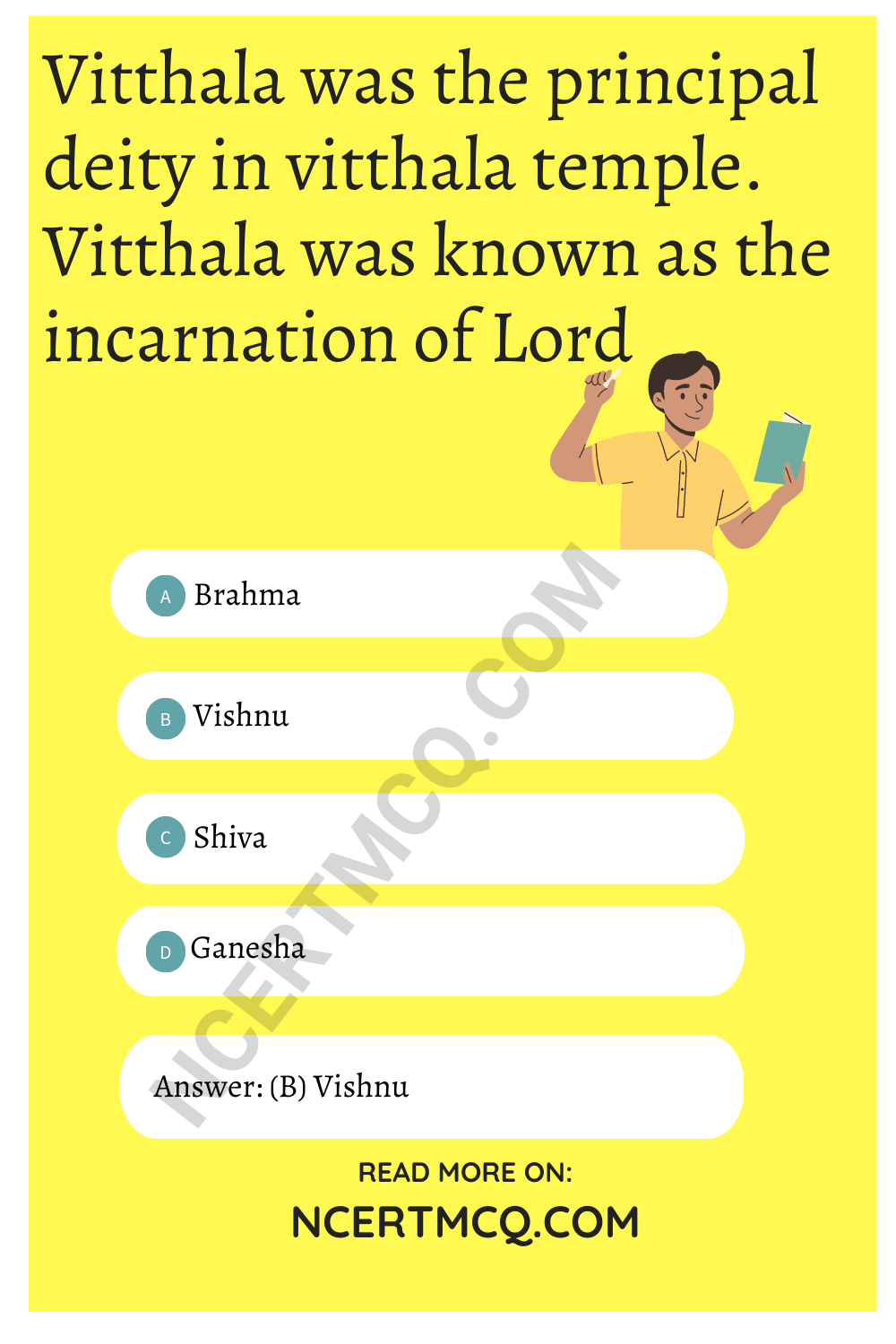
Question 11.
Consider the following statements regarding Kabir
1. Verses of Kabir are compiled in three distinct traditions.
2. Kabir’s poems are available only in the Urdu language.
3. Kabir used many traditions to describe the ultimate reality.
4. Kabir called ultimate reality only as Allah.
Which of the given statements is/are incorrect?
(a) 1, 2, 3
(b) 2, 4
(c) 1, 4
(d) 3, 4
Answer
Answer: (b) 2, 4
We hope the given NCERT MCQ Questions for Class 12 History Chapter 6 Bhakti-Sufi Traditions: Changes in Religious Beliefs and Devotional Texts with Answers Pdf free download will help you. If you have any queries regarding CBSE Class 12 History Bhakti-Sufi Traditions MCQs Multiple Choice Questions with Answers, drop a comment below and we will get back to you soon.
Class 12 History with Answers MCQ:
- Bricks, Beads and Bones Class 12 MCQ
- Kings, Farmers and Towns Class 12 MCQ
- Kinship, Caste and Class Class 12 MCQ
- Thinkers, Beliefs and Buildings Class 12 MCQ
- Through the Eyes of Travellers Class 12 MCQ
- Bhakti-Sufi Traditions Class 12 MCQ
- An Imperial Capital Vijayanagara Class 12 MCQ
- Peasants, Zamindars and the State Class 12 MCQ
- Kings and Chronicles Class 12 MCQ
- Colonialism and the Countryside Class 12 MCQ
- Rebels and the Raj Class 12 MCQ
- Colonial Cities Class 12 MCQ
- Mahatma Gandhi and the Nationalist Movement Class 12 MCQ
- Understanding Partition Class 12 MCQ
- Framing the Constitution Class 12 MCQ
